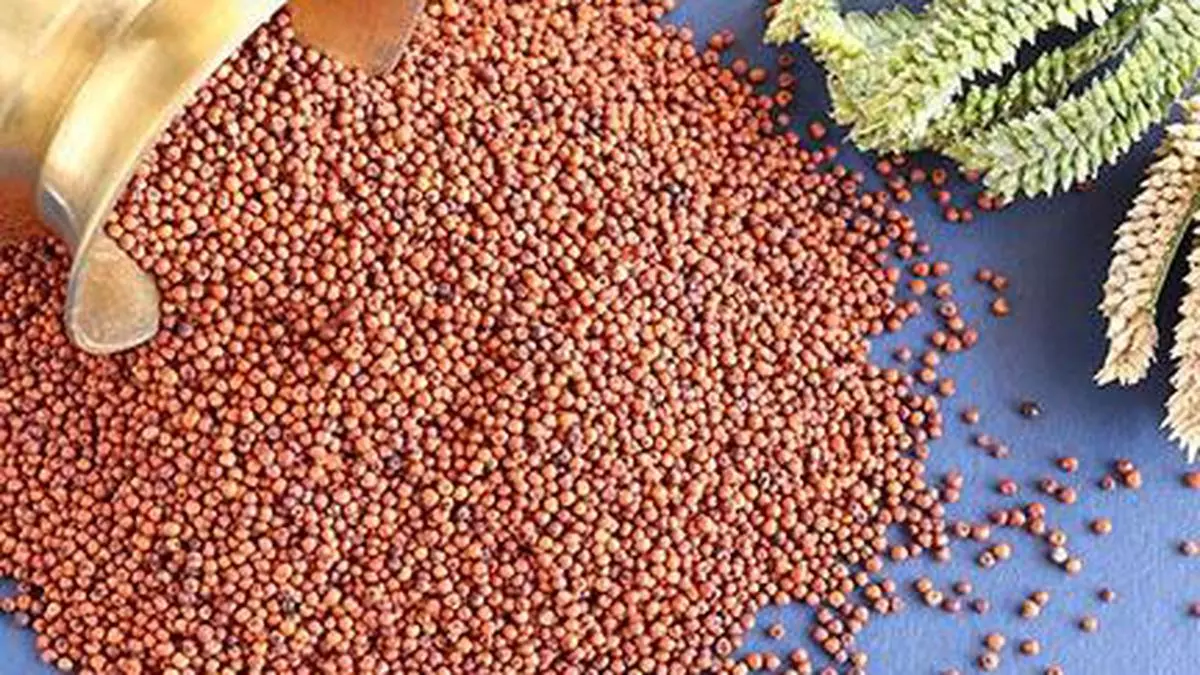‘Procure millets such as ragi, jowar and provide them instead of rice’
like Newly elected Congress government In Karnataka facing the challenge of securing rice supplies to fulfill its election pledge, farmer leaders and experts suggest an alternative solution – for the state to explore the possibility of purchasing millet Like ragi and jowar directly from local farmers at lowest subsidy price.
They said such a move would help address food security as well as encourage farmers to plant more millet.
after Food Corporation of India (FCI) Decided to stop selling rice and wheat through Open Market Sale Scheme to states Karnataka is now seeking rice supplies from Chhattisgarh, Telangana and Punjab to fulfill its obligation to provide 10 kg of rice to each family member below poverty line. The Union Government has suspended sales of OMSS to the states, except the North East region, citing the late monsoon and escalating grain prices as the reasons behind the move.
Also read: Millet needs to be impulse to buy
“Instead of buying rice from other states for provision under the PDS, the government should purchase ragi and jauwar from local farmers and provide them to the beneficiaries. Ragi is consumed in the southern parts of the state, while jauwar is consumed in the northern regions.” said Chamras Malipatil, President of Karnataka Rajya Raitha Sanga (KRRS): “This will also encourage farmers to grow more of this grain and lead to job opportunities in the state.” Also, the government could consider introducing Masuri Sona Added rice to the recipients.
Echoing similar views, plantation leader Kurupur Shantakumar said that by buying ragi and jowar outright, the state should come to the rescue of farmers.
Prakash Kamarady, an agricultural economist and former chairman of the Karnataka Agriculture Price Authority, said the state should consider providing 5 kg of jowar/ragi along with rice under the PDS. He added that such a step would help address food security, while giving a signal to farmers at the beginning of the Khareef agricultural season to plant more of these coarse grains.
“In the year of millet, it will be a win-win situation for farmers, government and beneficiaries,” Qamaradi added.
